emDOCs Revamp: Alcohol Withdrawal
EMDocs
DECEMBER 18, 2024
2013; 88(9): 589-595. Alcohol withdrawal syndrome: improving outcomes through early identification and aggressive treatment strategies. fold higher risk of NSTI than the control group 12 For those without comorbidities , AUD exhibited a 15.2-fold Alcohol withdrawal syndrome in medical patients. Cleve Clin J Med. 2016; 83(1): 67-79.

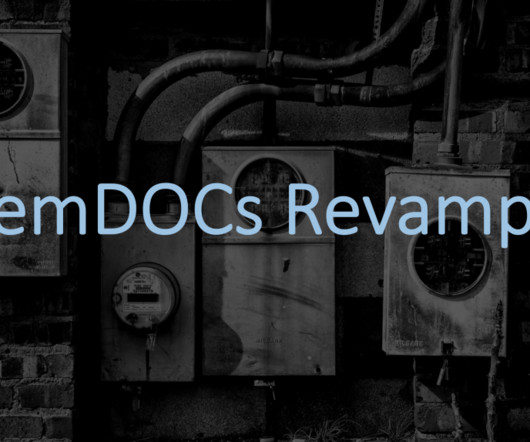









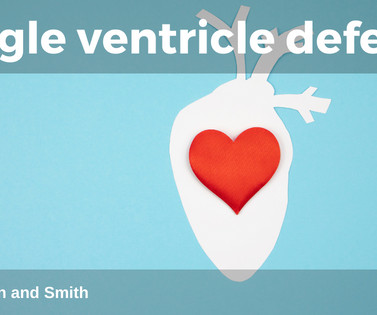


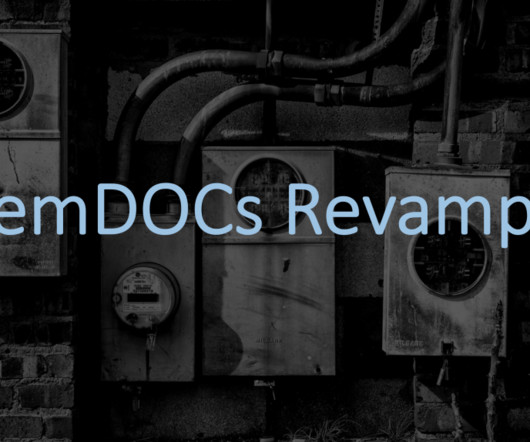
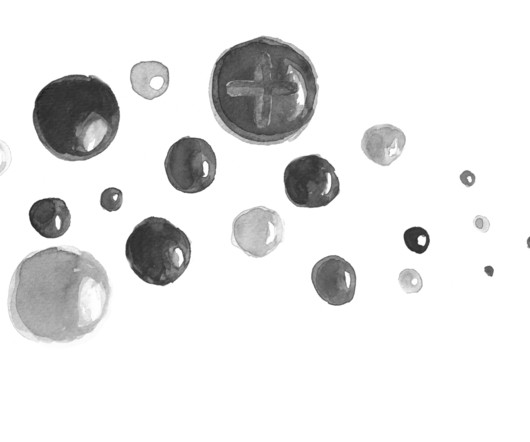

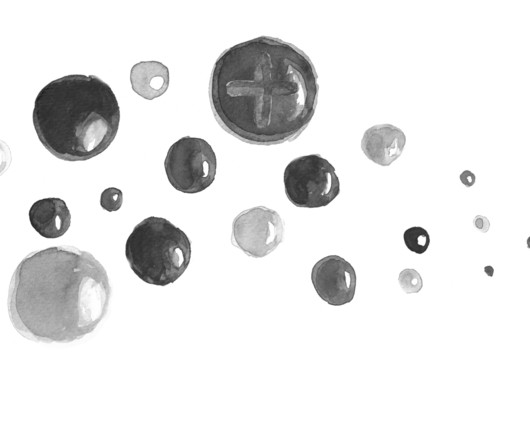






Let's personalize your content